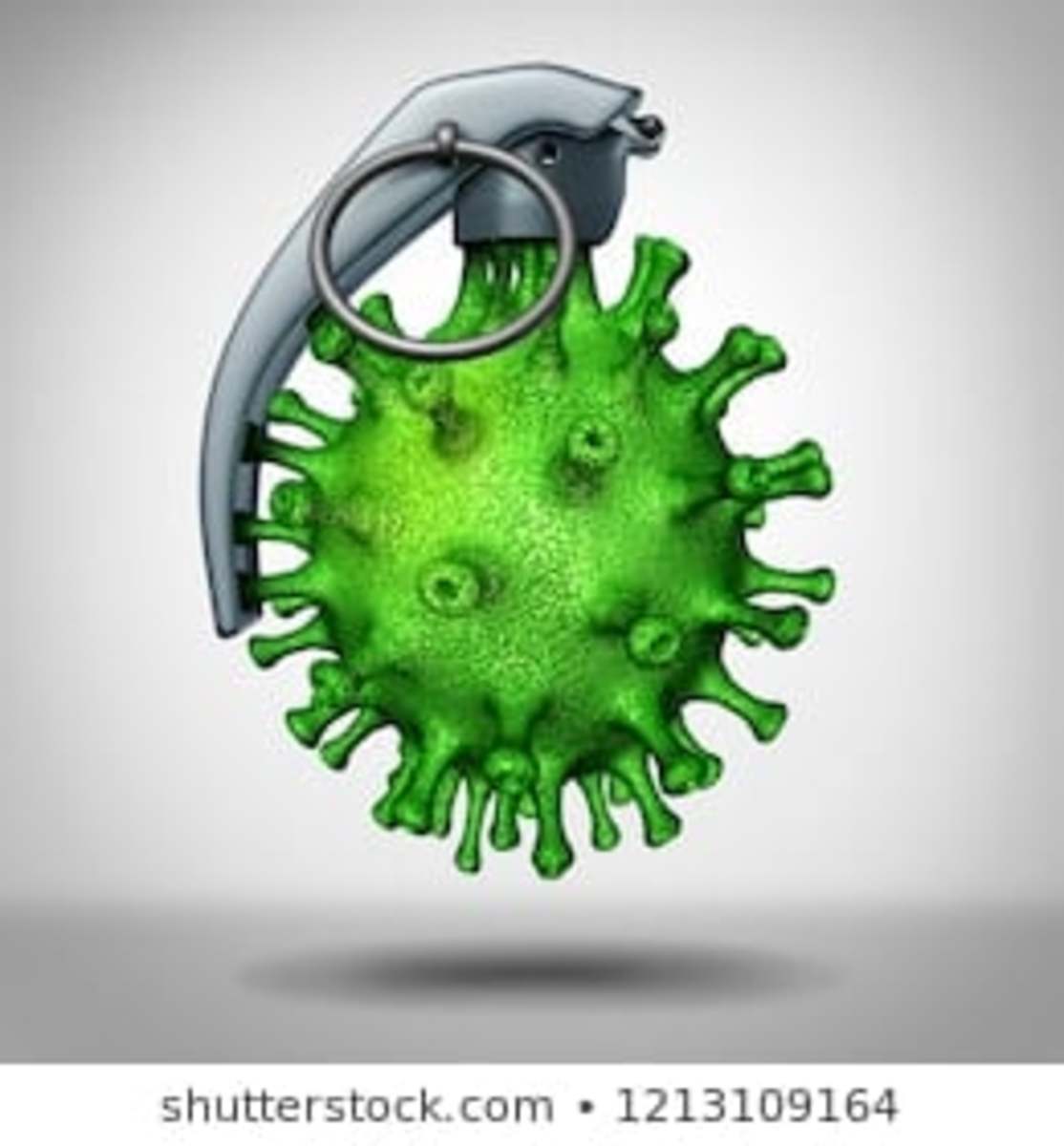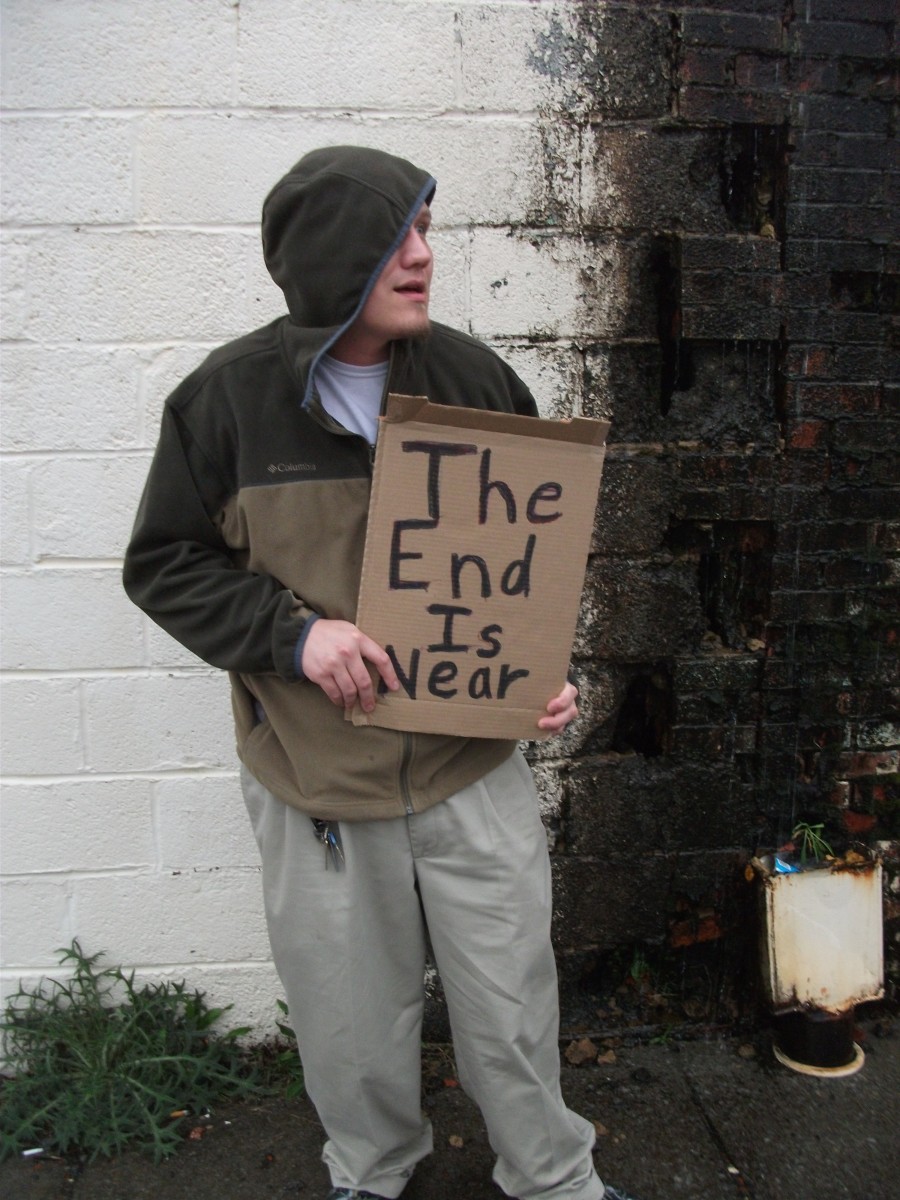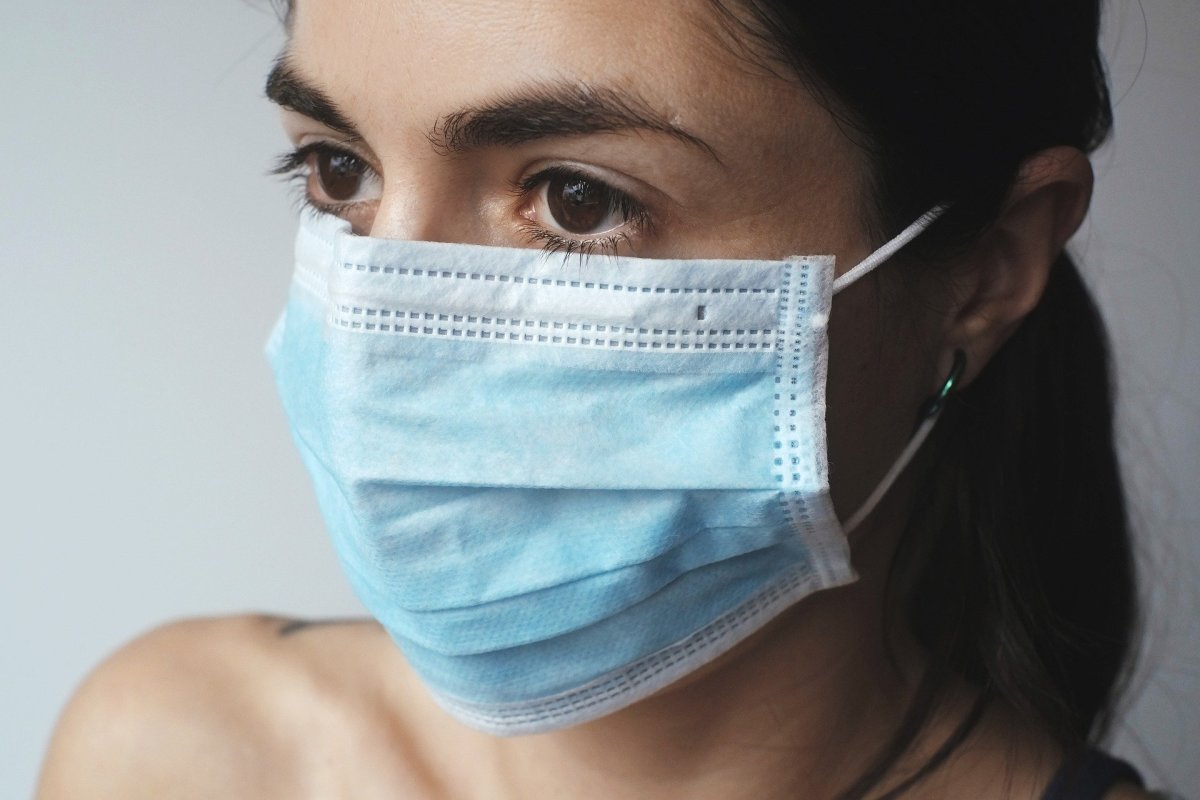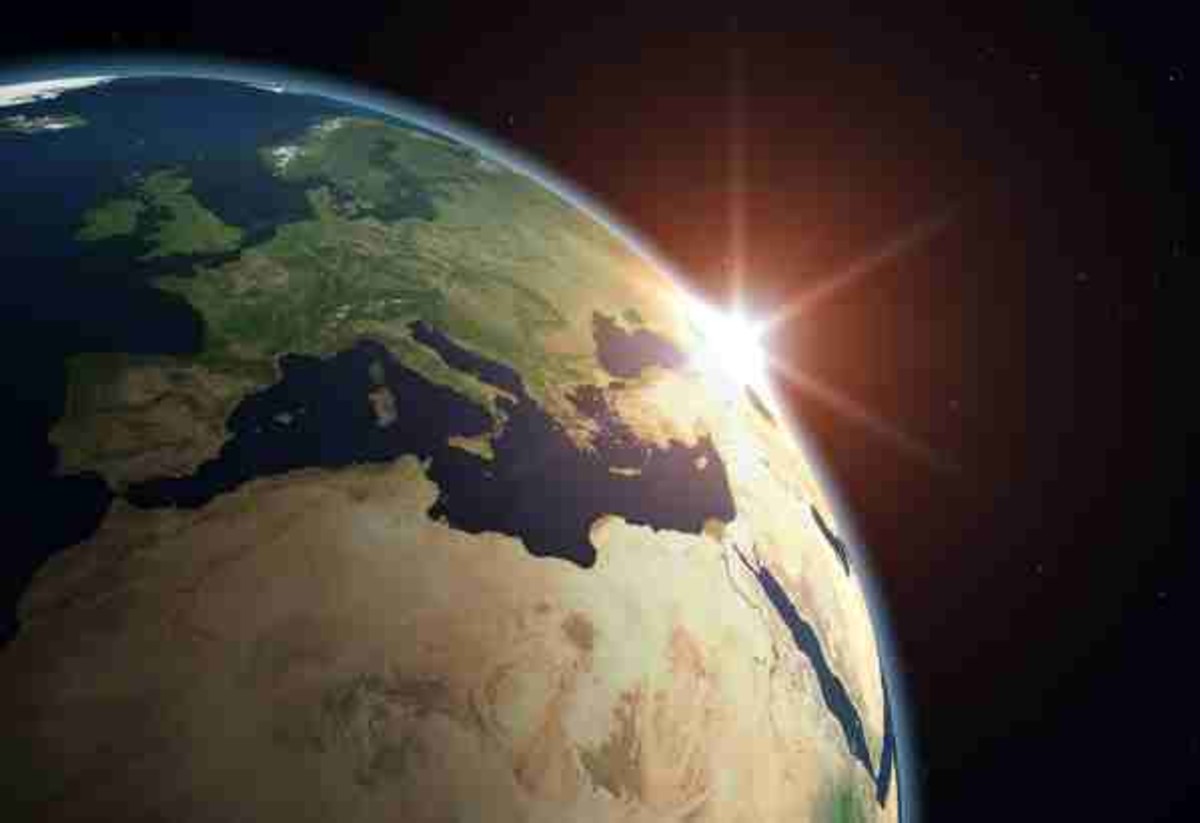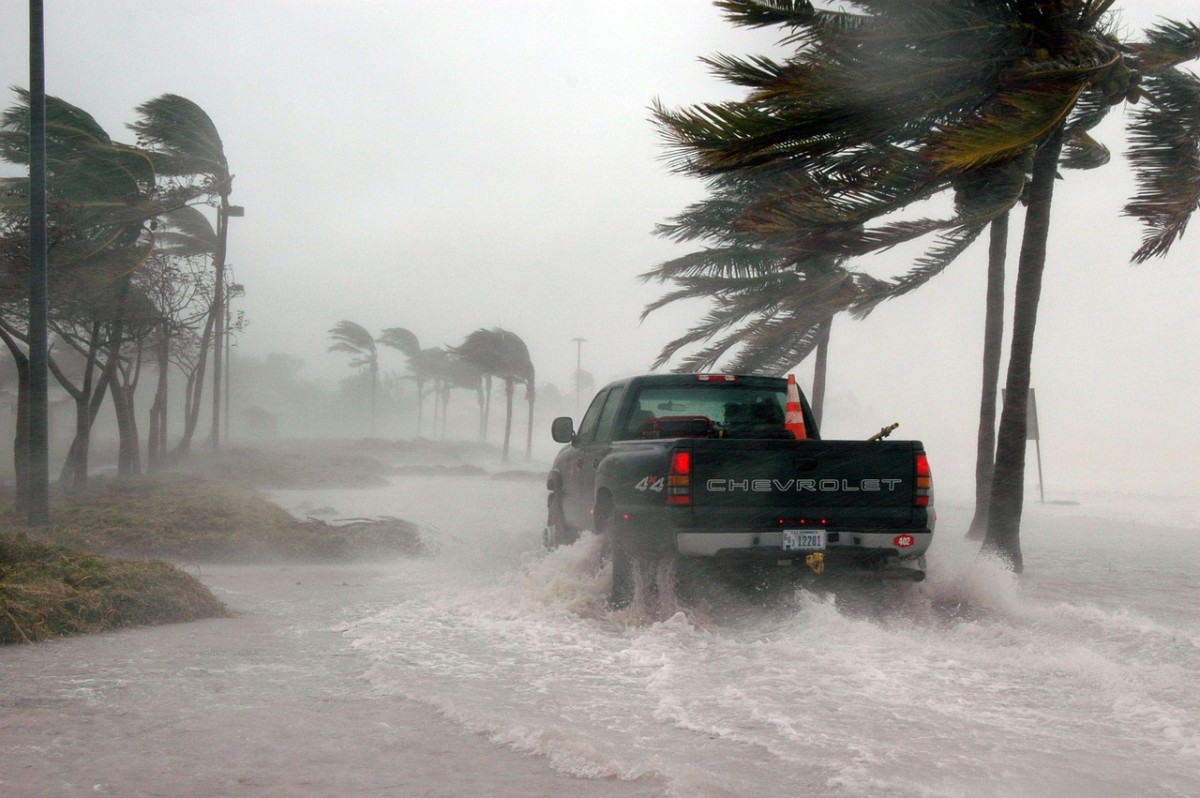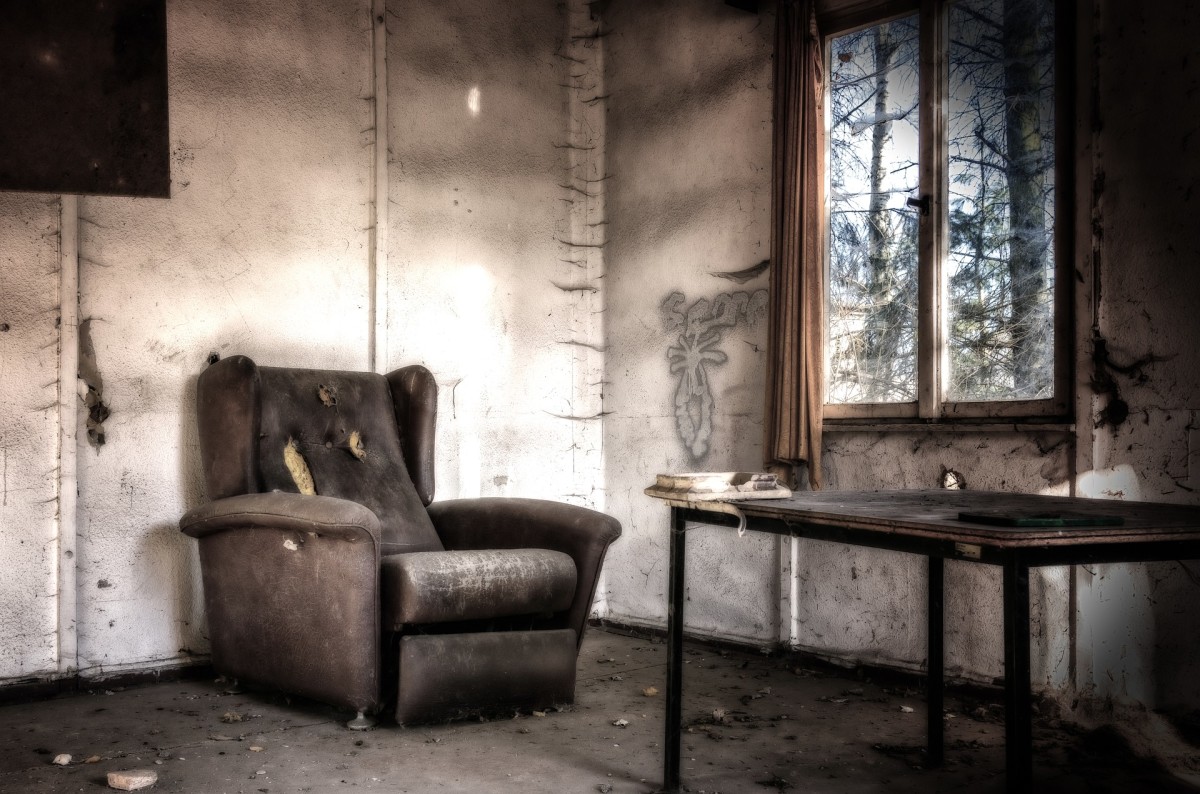- HubPages»
- Politics and Social Issues»
- Environment & Green Issues»
- Disasters & Recovery
What Will the World Be Like After Covid-19?
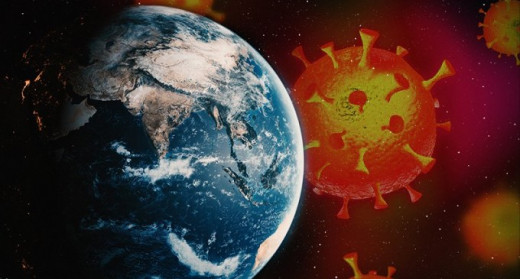
What will the world be like after COVID-19?
We are not ready...
Just as many of us were surprised to experience a pandemic and its most alarming state for the first time in life, on the other hand, some few despite not having experienced such a historic change before, even so, they knew of the vulnerable that we were while living a normal life, thinking that everything was fine, or that the governments together with their military squadrons and the WHO would sustain us in the face of any possible threat (common and expected threats). In 2015 when you could go out at any time and hug people, visionary Bill Gates warned us about our limited abilities to deal with the next global crisis. The founder of Microsoft stressed that "We are not ready", He also hinted that the protagonists who would shake the earth were not going to be weapons or nuclear explosions, but something as microscopic (but no less dangerous) as a virus. Something that could be attributed to a prophet, but nothing further than just being someone with their eyes wide open before the world, in every sense of the word.
But since we have the pandemic over, obviously we did not prepare when there was time and they sent us the alert message, now we must assimilate the possible changes that COVID-19 brings with it. As the disease has progressed, different theories regarding this virus have been echoed; like ... "It was created in a laboratory", "This is radiation emitted by the new 5G network antennas", "A superior race wants to eliminate us", "We are in the biblical apocalypse", or the much talked about theory of the "Implementation of a new world order" etc ... Regardless of what you think the reason for this pandemic is, or just by going for the simple; which actually came from the Wuhan market, it is inevitable that this will not bring about marked change or accelerate an upcoming revolution.
We have to go back in time to understand that every great catastrophe gives rise to a new social, geopolitical or even economic model. The British historian Keith Lowe in his book "Fear and Freedom", points out the radical changes that the Second World War left us, after the world emerged from its ashes; This is a clear example of the fact that it is not the first, second or third time that the world is affected by a greater force causing death and confusion, like those previous pandemics where luckily humanity has been victorious in each of them. Smallpox is the most lethal catastrophe that humanity has experienced; Leaving World War II far behind with its staggering death toll of over 300,000,000, did we learn the lesson? This is something that the famous historian Lowe questions when saying the following: "I suspect that we are not as wise as our grandparents." At the time, people immediately took on a type of spontaneous consciousness that was disappearing generation after generation until today, when unfortunately we are going to have to experience another one of those global changes in history, and it is most likely that this will not be our last pandemic. I repeat, have we learned the lesson? Perhaps this is the best time for the teaching to prevail that leaves us with everything that has happened.
One of the most recurring questions in the minds of today's society is: What will life be like after the pandemic? Well, whoever does not ask himself this question has not really understood or even had a suspicion of what humanity is beginning to go through, much less the historical moment we are experiencing. This may be because simply a large number of us do not want to accept that we are at the terminal peak of an era that will possibly only be part of our past. As we all know, opinions fly from there to here and everywhere, there are some more optimistic than others, such as those who say that life will no longer be as before, that it will be even better, since the pandemic will accelerate technology and digitization. Which is a reality, since results are already being seen regarding the measures being taken. The COVID-19 forces us to take leaps and bounds to solve the crisis, the great demand for resources that the pandemic demands will change the way in which those funds must be raised again, even if this costs building robots that do human work and that the Human work becomes digital. But this encompasses many things, this can lead to the increase of precarious jobs, or in conditions that are not the fairest; turning countless people into proletarians of the new global system. This already depends on the labor laws that the government must restructure after this new era of remote employment, so that these workers have all the rights that a face-to-face job has, and in this way this sector does not become a digital slave of the new World economy. Many people are already working and studying remotely, deliverys and other digital services have exploded; Turning all of us Internet users (or more than we already were) so what was said before is not located in the very distant future.
Without a doubt, one of the most relevant changes the world will have will be in the field of health, or at least it should be. In short, if there is no exponential improvement in the health sector, and the WHO does not take action on the matter, we will be lost as a society and we will be able to affirm with certainty that teaching is null! But to be optimistic, it will be, and the right to health will cover more corners that have been ignored before. Let's not forget that the UN was created a month after the Second World War, with this we can hope that other multilateral institutions will be established after COVID-19.
Perhaps you have already noticed, but I will say it anyway, and that is that there is a whole kind of "emotional smoke" that is implanted in the world, suddenly everyone is more sensitive to the drastic change in our social life, and that not bad, because we are human beings and we "feel". In general, this is good because a great empathy has been born, which helps others to bear or alleviate the great burden that came upon them after the pandemic invaded us. It is good that we are all kinder, more flexible and understandable beings as a society, but ... BUT there is an important point, in times of crisis emotions dominate political discourses, and then you notice that everyone has come to their senses, and they are discourses that they will continue even long after the pandemic. There will be no shortage of politicians who sadly remember COVID-19 and stir up all our feelings while promising us a better future and with fewer flaws in the system. This is possibly the birth of the new demagoguery and political manipulation of the coming decades, which may influence our decisions when electing the leaders, something that logically also forms part of the changes that come with the post-coronavirus. But this is something that influences each person in a particular way, let's just hope that the countries with upcoming elections know how to choose well beyond the emotional.
And you will also wonder what will happen to the cash? I do not even have to answer this, because it is clear that it will end up disappearing, since this was talked about for a long time when the use of cryptocurrencies and the creation of microchips that implant under the skin became common. Both options can be integrated into society by completely putting aside cash, however, the use of debit cards will be the protagonist in the following years, until society fully adapts to the new world. This is inevitable because we already knew what was going to happen, but now it is accelerated even more due to the current coronavirus crisis. The Chinese central bank workers of course did not like having to wash millions of Yuan highly infected by coronavirus, in cases like this in the future it would be easier for each person to disinfect their debit / credit cards, and the same would be the case. do with the points of sale. This would extinguish many sources of contagion and facilitate the work of disinfection; something that would save time and save more lives. Taking into account that we already know that we are exposed to wild nature, the idea is that each country is prepared for the future, or is it that we do not know where the next deadly virus will come from? That's impossible! Yes, it is true that there are areas more prone than others, but the probability in the calculations is so inexact that we must think as a planet and not as a country.
Now focusing on the current situation, China is set as the example country to follow to combat COVID-19, since after many efforts to eradicate the virus that came from China itself, it has emerged victorious, leaving a balance of 4,633 registered deaths according to WHO. These unfortunate losses are nothing compared to the latest figures for the United States, which is the country most affected in the world by the pandemic, which maintains 1,233,146 cases, 71,921 deaths and 163,841 recovered, followed by Spain, Italy, and the United Kingdom. and Germany, as those that head the first five places in the list of those most affected by COVID –19. The Asian giant is one step ahead of everyone, in turn offering help to other countries and continents to overcome the pandemic. The eyes are on China today more than ever, since it has become more than a help "a hope", due to the great demand for its MADE IN CHINA products, those that are necessary to face this crisis, and not to mention if it is they who will be able to develop the COVID-19 vaccine, in this case everything will be said and China will become the power of the powers and that may mean the end of the dominance of the United States and therefore a new Chinese era.

